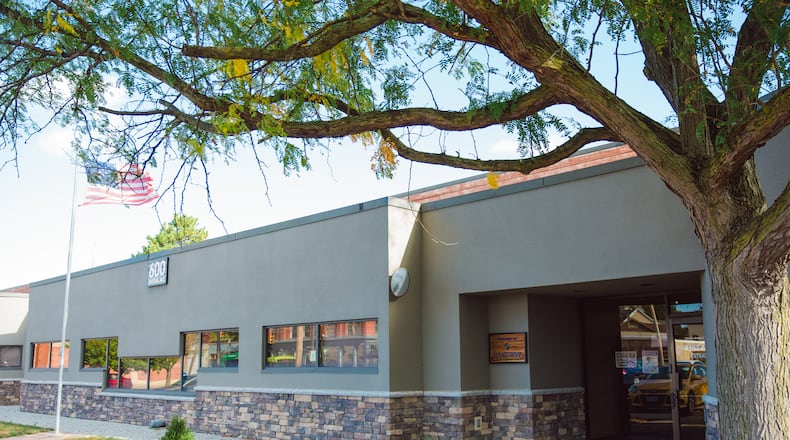His successor, Lesley Brose, the organization’s executive vice president, will take Eastway’s helm April 18.
“He and I think very similarly on many things,” Brose said of Strahm in a recent interview. “So you won’t expect to see wild changes from me, especially in the beginning, as I’m building trust among the ranks and building trust with my board, whom I’ve known forever.”
She is no stranger to Dayton or Eastway, a Dayton-based mental health services agency that has worked for nearly 70 years, offering services as far afield as Columbus and Washington Court House, and even Idaho.
Brose began her career at Eastway in 1998 as a community support specialist, where she worked with adults wrestling with severe and persistent mental illness. She moved into an administrative role as a client rights officer in Eastway’s Quality Improvement Department in 2002.
“Lesley brings a visionary approach and a robust background in behavioral health care to the position of president and CEO, making her a perfect fit to lead Eastway into its next chapter,” Strahm said in a statement.
“Under John’s leadership, the organization has seen significant growth and has made a meaningful impact, transforming countless lives through its comprehensive services,” Brose said in the same statement.
Brose paused her career at Eastway in 2005 to become a stay-at-home mother and raise her two daughters. She returned in 2011 as director of care management and compliance.
“I do see community needs that are not fulfilled,” she recently told the Dayton Daily News. “And our next steps will be to organize ourselves to see if we can meet those needs.”
In particular, she sees a need for some level of child and adolescent outpatient services, a chance to serve those who may not need to be a resident in a care facility full-time.
Historically, Eastway has provided services to vulnerable adults grappling with substance abuse and mental health challenges. She noted that there have been services to youths in residence at high-level care facilities as well as daytime treatment, for kids who are able to go home in the evening.
But another level of outpatient care may provide medication, therapy, skills-building and other needed services, as Brose envisions the possibilities.
“I have seen a great need for that in the community,” she said.
At a time when government support appears to be more uncertain than ever, Brose said Eastway leaders are keeping an eye on an evolving landscape.
“They’re happening daily, hourly,” she said of cuts and changes. “These things are coming out without much warning.”
Brose earned her bachelor’s degree from the State University of New York, College at Cortland in 1996, and a master’s in clinical psychology from the University of Dayton in May 2001.
.
About the Author


